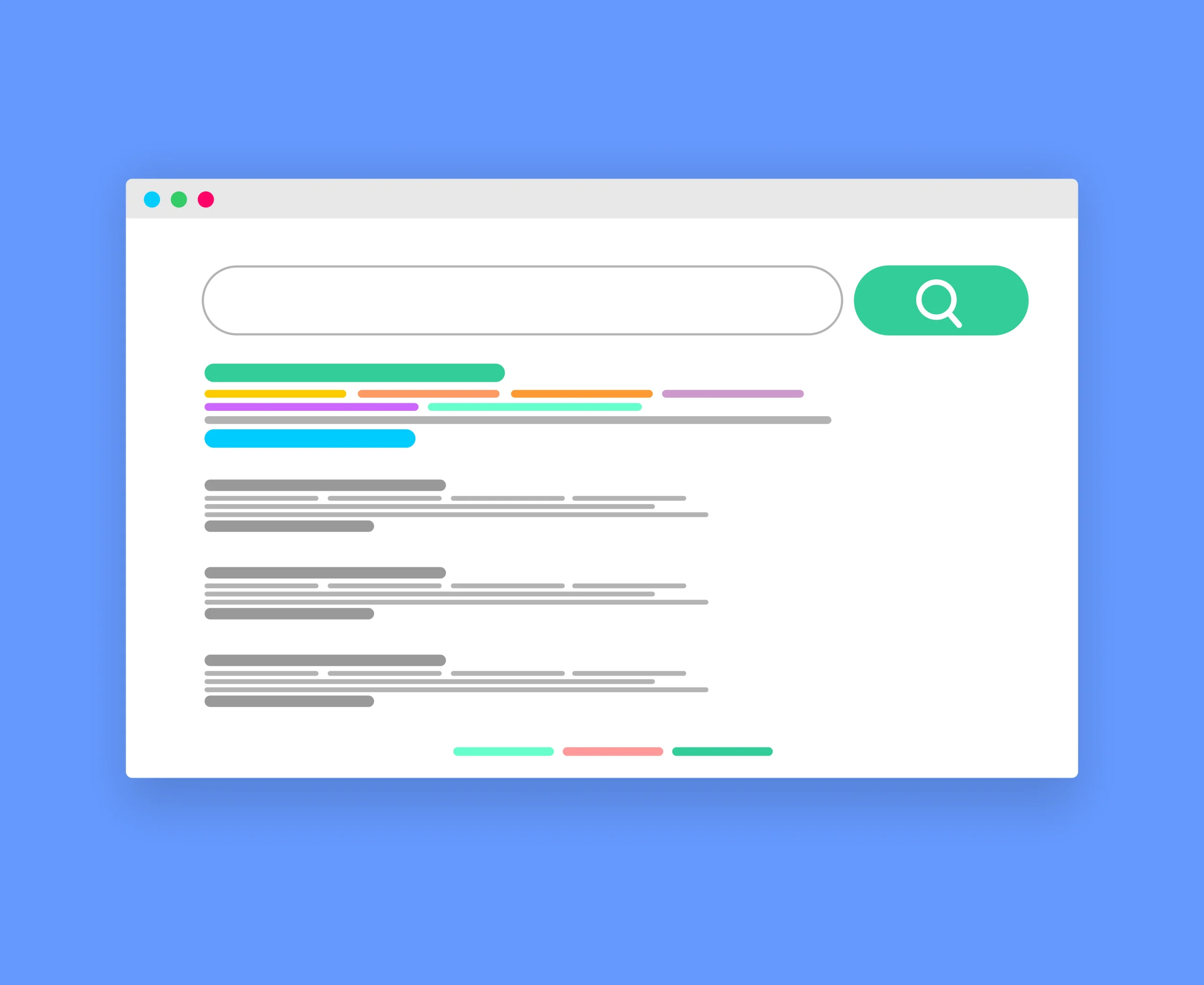
AI-powered results in SERPs (Search Engine Results Pages) are not ranked the same way as traditional blue links but SEO principles still influence them.
Here’s what’s happening under the hood:
- AI Models Use Source Authority & Relevance
When AI (like Google’s SGE) generates an answer, it pulls information from trusted, high-authority websites. For example, those with strong E-E-A-T signals (Experience, Expertise, Authoritativeness, and Trustworthiness).
If your site is well-optimised, credible, and frequently referenced, it’s more likely to be used as a source citation in AI answers. - Structured Data Helps AI Understand Your Content
Schema markup (e.g., FAQ, How-To, Product, LocalBusiness) makes it easier for AI to understand context and extract the right snippets. This can increase your chances of being featured or referenced in AI-generated results. - Topical Authority Matters More
AI systems look for websites that demonstrate deep topical expertise and not just single-page optimisation. Publishing comprehensive, interlinked content around your niche strengthens your authority signal. - User Intent Alignment
AI search prioritises helpful, intent-matching content. Therefore, your pages must clearly address searcher questions and provide genuine value, not keyword stuffing. - Engagement Metrics Still Count (Indirectly)
Though AI models don’t directly use clicks or dwell time, Google does. Crucially, it’s that engagement data helps identify which pages are genuinely satisfying users, feeding back into ranking signals.
How SEO Helps You Rank in AI-Driven SERPs
- Build Authoritative, Helpful Content
- Create in-depth, trustworthy pages that answer common user questions in your field.
- Use conversational, natural language because AI search often mirrors how people talk.
- Add expert quotes, case studies, or data to build authority.
- Optimise for Featured Snippets & People Also Ask
AI often uses these elements to source data. Structuring your content with clear headings, concise answers, and bullet points helps position your site as a preferred source. - Use Schema Markup Extensively
Implement structured data for local SEO, products, reviews, FAQs, and articles. This helps AI understand who you are, what you offer, and your credibility. - Strengthen Local SEO
Since AI often tailors results by location, optimising your Google Business Profile, local citations, and location pages improves visibility in AI and traditional search alike. - Focus on Brand Mentions & Backlinks
AI systems weigh mentions and inbound links heavily. Therefore, building your digital footprint by PR, partnerships, and local news mentions increases your likelihood of being referenced in AI summaries.
The Bottom Line
- AI search isn’t replacing SEO, it’s evolving it.
- The focus is shifting from keyword ranking to topic authority, trust, and clarity.
- SEO helps ensure your business remains visible, credible, and referenced. Equally, that applies in AI-driven search results.
We hope you’ve found this article helpful. If you’d like to find out more or have questions about how SEO can help your business please contact us today.
